Europe is in a strong position to maintain stable energy supplies this winter, even as Russia's key gas transit route is about to close, Uniper SE CEO Michael Lewis said.
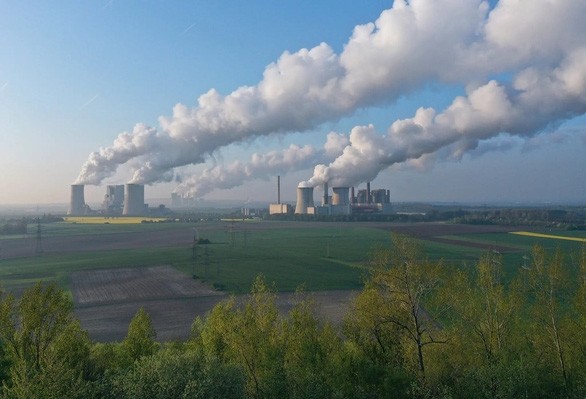 |
| Smoke rises from a coal-fired power plant in Germany. (Source: Getty) |
Before Russia's special military operation in Ukraine, in December 2019, Moscow and Kiev agreed on a five-year deal on gas transit.
Under the agreement, 45 billion cubic meters of Russian gas will flow through Ukraine in 2020 and 40 billion cubic meters per year from 2021 to 2024. This is the only remaining trade agreement between the two conflicting countries.
The agreement is set to expire at the end of this year. It is unlikely to be extended, which would cut off the flow of Russian gas to Europe – hitting the regional market at a crucial time – the heating season.
However, while countries such as Austria and Slovakia remain dependent on fuel from the East, the end of the transit agreement between Russia and Ukraine on December 31 will not change much about Europe's strengthening gas market, according to Mr. Michael Lewis.
“A certain amount of gas will leave the market, but that is expected in Europe. Our overall position is quite strong going into the winter,” Uniper SE CEO said firmly.
Europe has been stockpiling gas ahead of the start of the heating season. The region is also now getting steady supplies from Norway and increasing imports of liquefied natural gas (LNG) from producers such as the United States to help replace reduced supplies from Russia.
| "A certain amount of gas will leave the market, but that is expected in Europe. Our overall position is quite strong going into the winter," Uniper SE CEO Michael Lewis said. |
Uniper and Germany in general no longer buy gas from Gazprom, Russia's state gas company.
Uniper was nationalized during the energy crisis in 2022, said Michael Lewis. This was one of the largest corporate bailouts in the history of Germany - Europe's largest economy.
In February 2022, Russia launched a special military operation in Ukraine and then restricted gas exports to Europe.
Uniper was once one of the main customers of Gazprom, the Russian gas giant. At the time, Uniper was forced to pay hundreds of millions of euros a day for alternative supplies and was forced to nationalize.
In June 2024, Uniper was awarded more than 13 billion euros ($14 billion) in damages from an international arbitration ruling over volumes of Russian gas not delivered by Gazprom since mid-2022.
Since February 2022, Europe's gas imports from Russia have fallen by more than 90% and Moscow has lost its top lucrative market.
Gazprom also posted a net loss of $7 billion in 2023 - the first time it has done so in a quarter of a century.
Asked about alternatives to the expiring Kiev transit deal, Mr Lewis noted: “Uniper has no intention of buying Russian gas.”
Negotiations with Moscow regarding the extension of the agreement appear bleak as the special military operation in Ukraine continues and has entered its third year.
“We have to see this military campaign end before any rational discussion can take place,” Mr Lewis said.
Currently, the amount of gas flowing from Russia through Ukraine to Europe provides less than 5% of the continent's supply.
As for Ukraine, experts estimate that the country risks losing $800 million a year in transit fees. At the same time, Ukraine’s position as a reliable gas pipeline will also be lost if the agreement is not extended.
However, Ukrainian Energy Minister German Galushchenko said that the country had held transit talks with Azerbaijan, which supplies gas to eight European countries. Agreements with Kazakhstan and other suppliers in Central Asia were also possible.
Mr. German Galushchenko realized that not only Ukraine but also Europe needs a strong approach before and after the gas transit contract with Moscow expires. This will help ensure the region's energy security as winter approaches.
Source: https://baoquocte.vn/khong-con-lung-tung-chau-au-tu-tin-buoc-vao-mua-dong-uniper-cu-tuyet-khi-dot-nga-286881.html








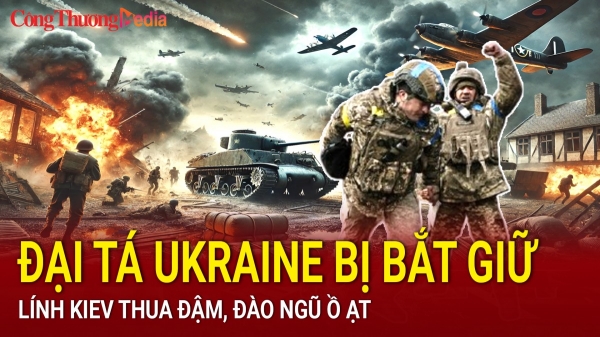

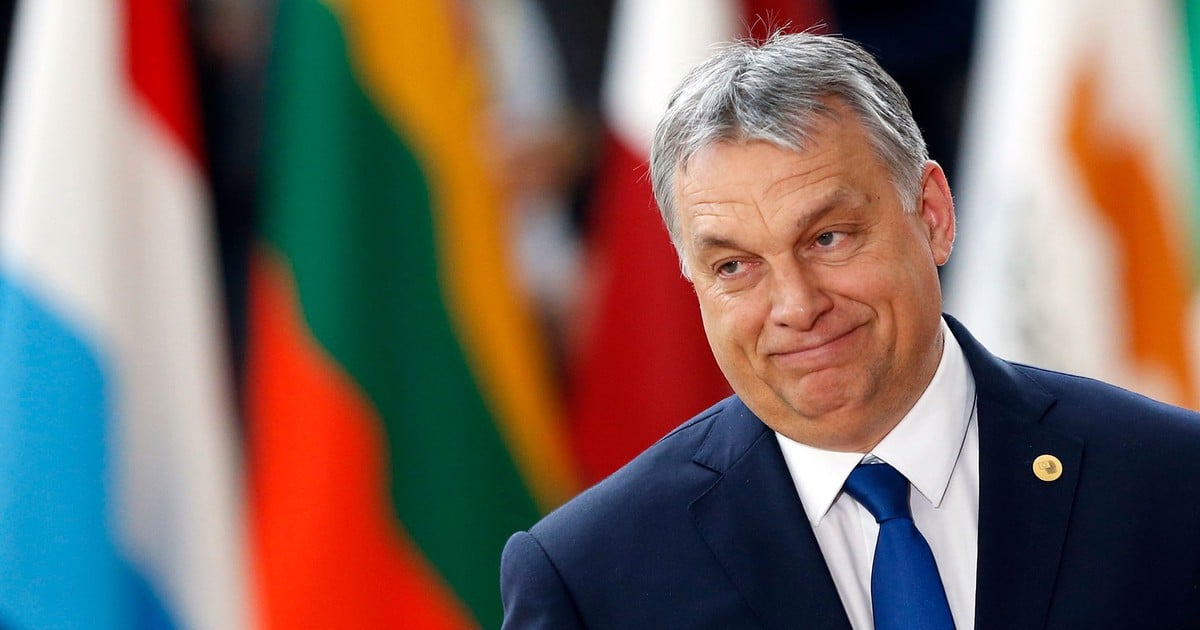

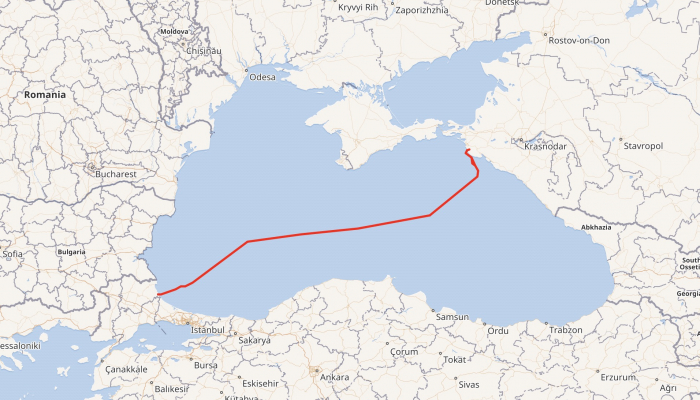

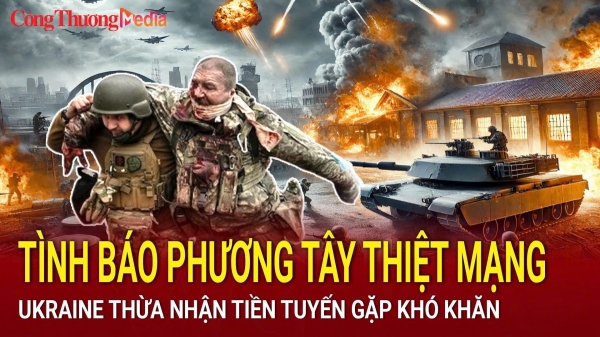
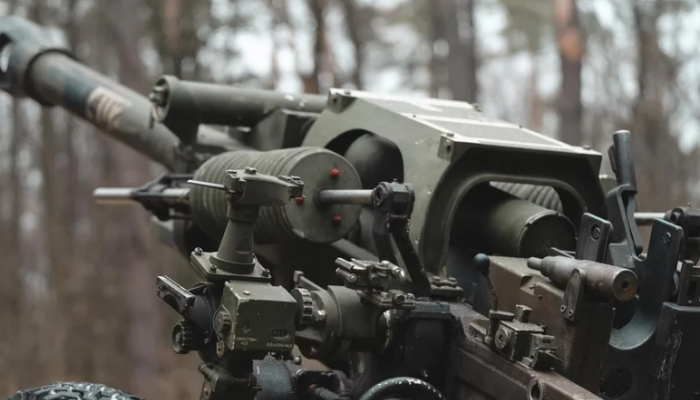
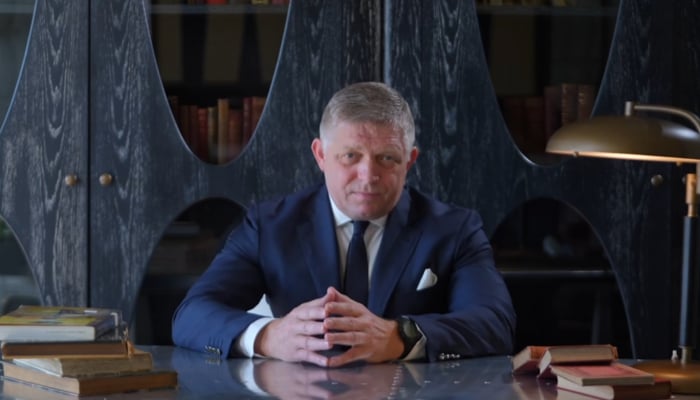
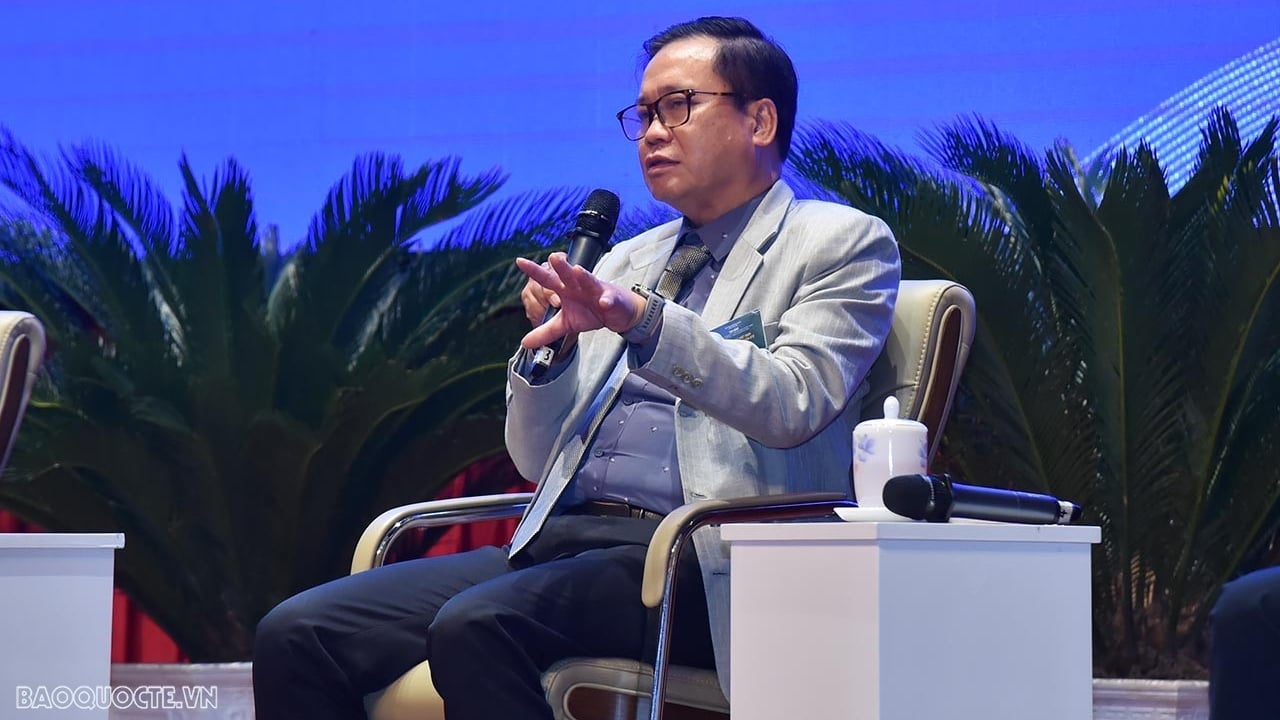
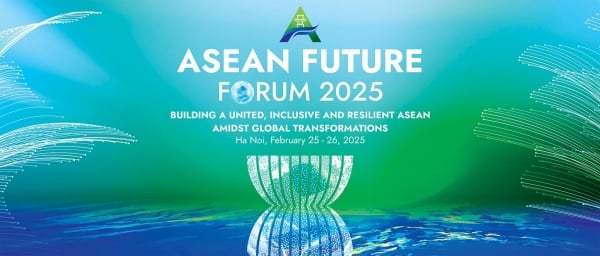
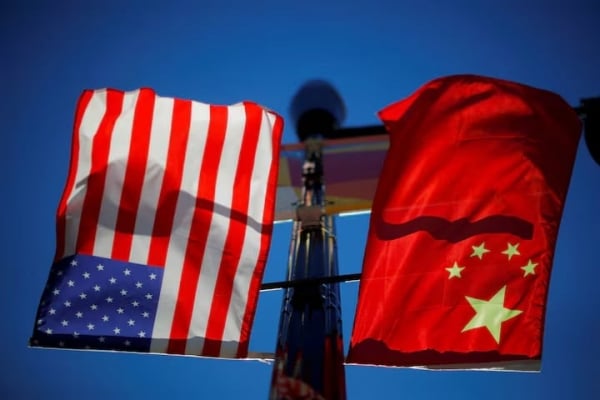


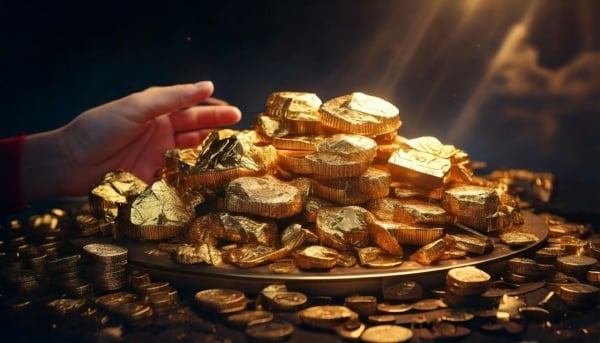
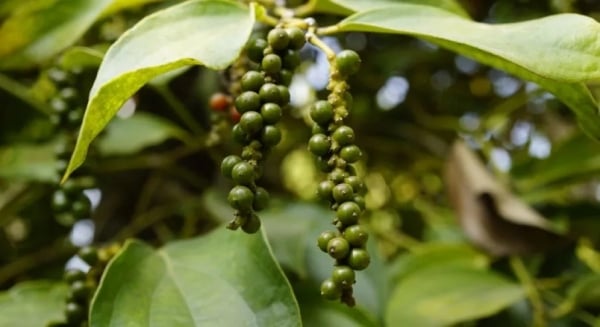





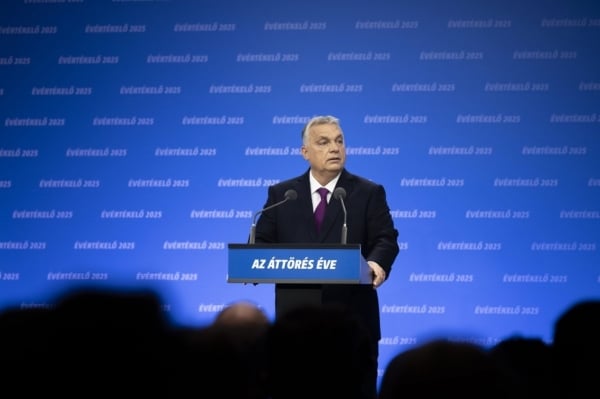







![[Photo] Prime Minister Pham Minh Chinh chairs Government Conference with localities on economic growth](https://vstatic.vietnam.vn/vietnam/resource/IMAGE/2025/2/21/f34583484f2643a2a2b72168a0d64baa)







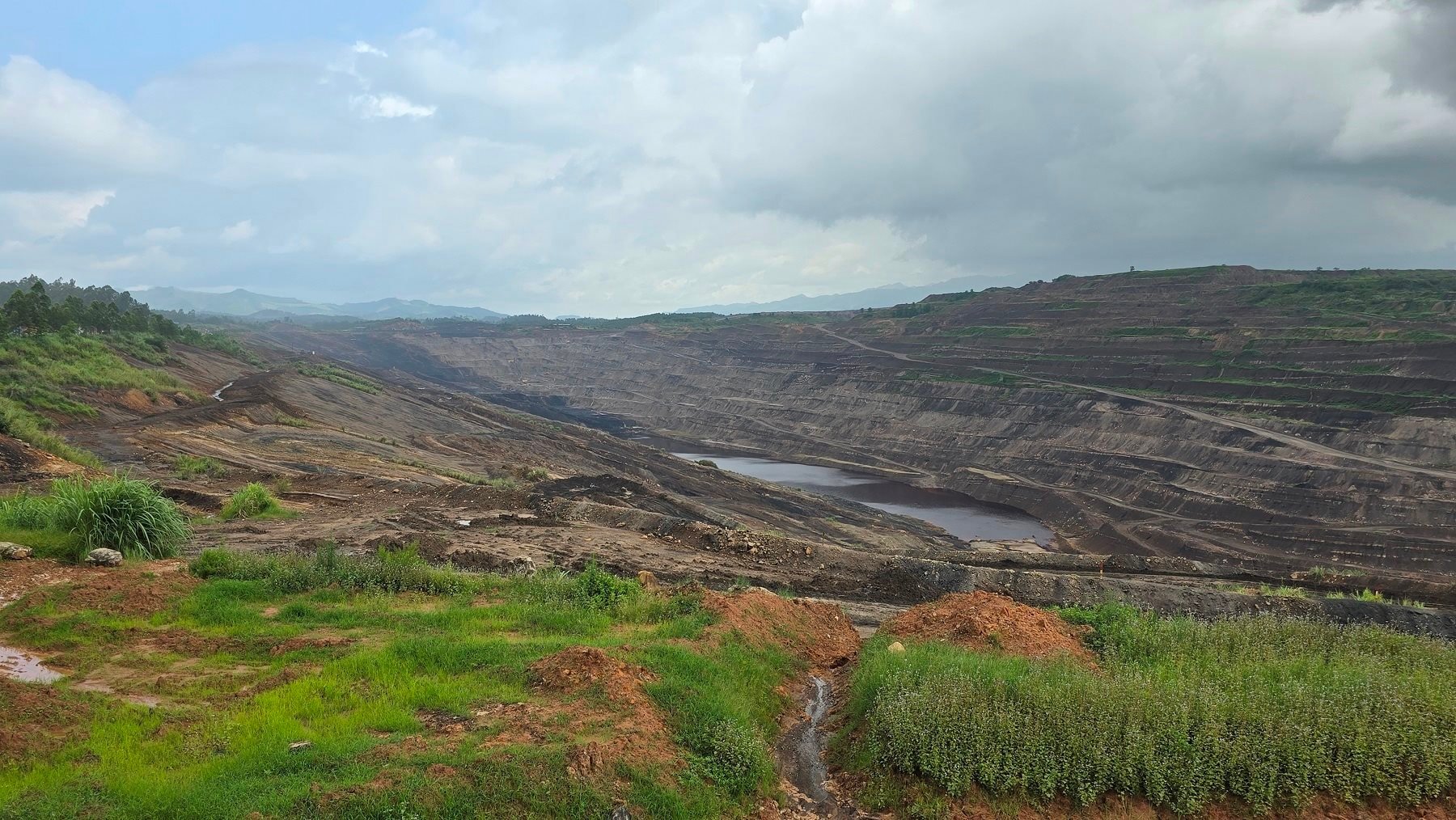






















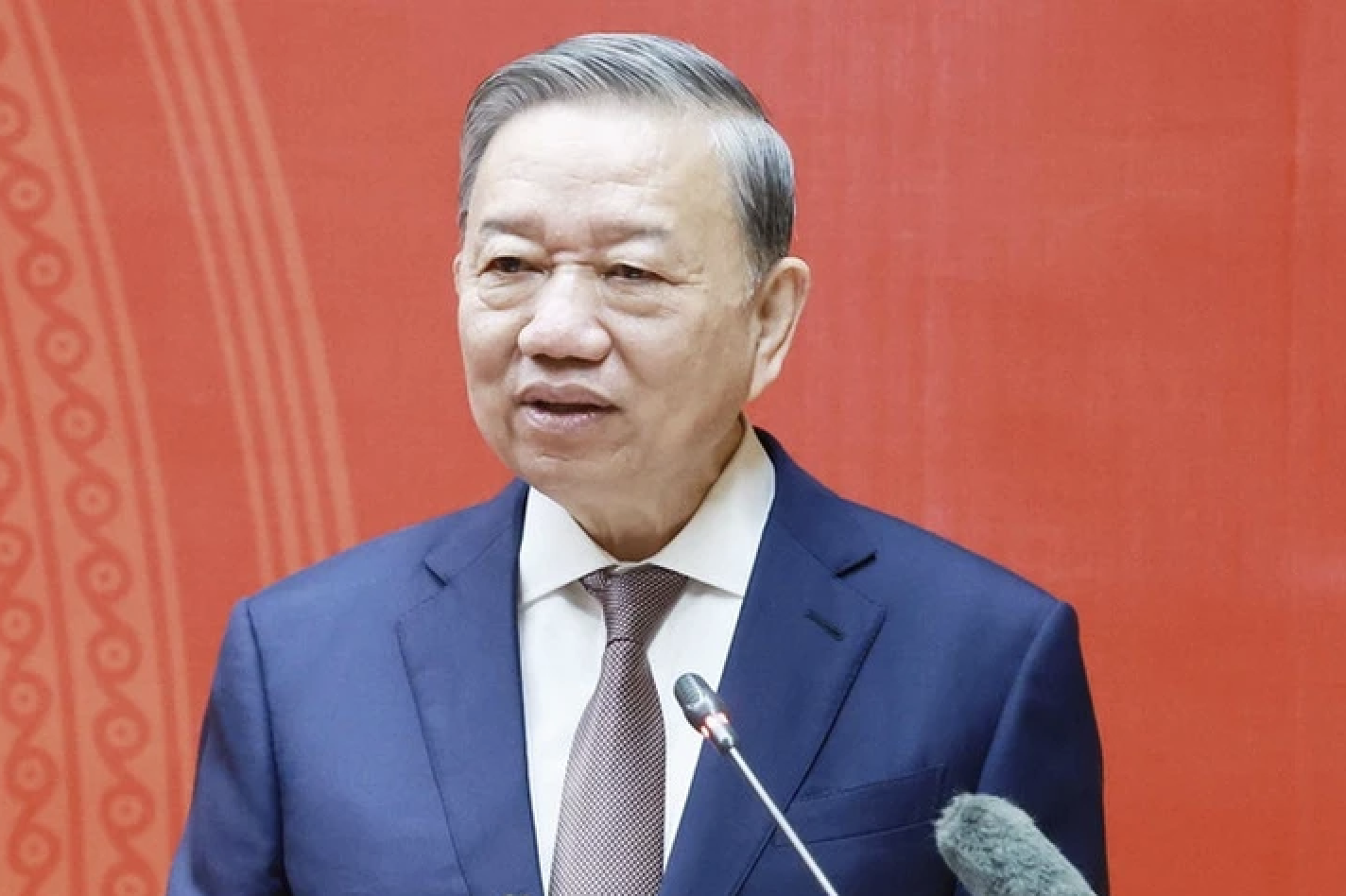
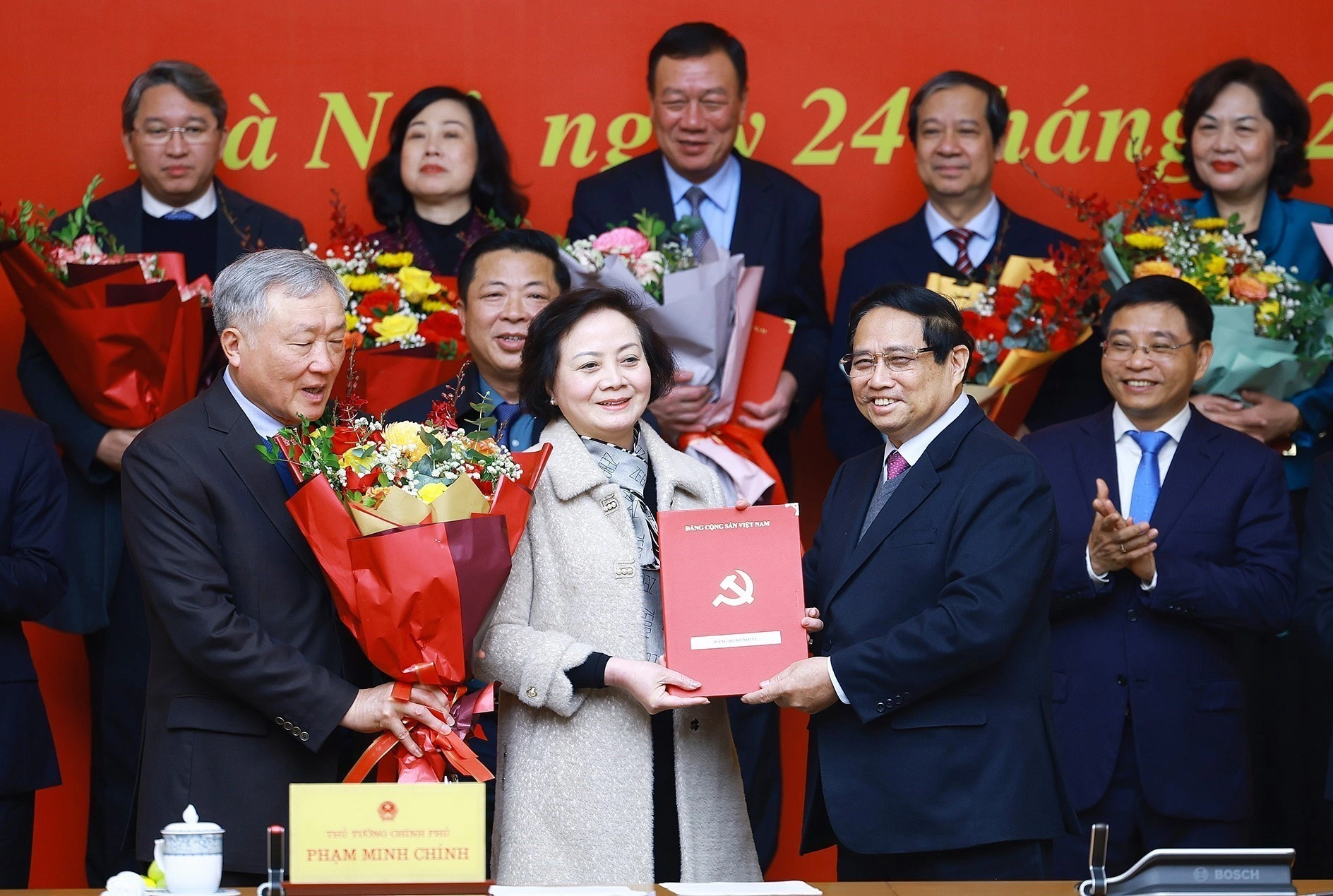
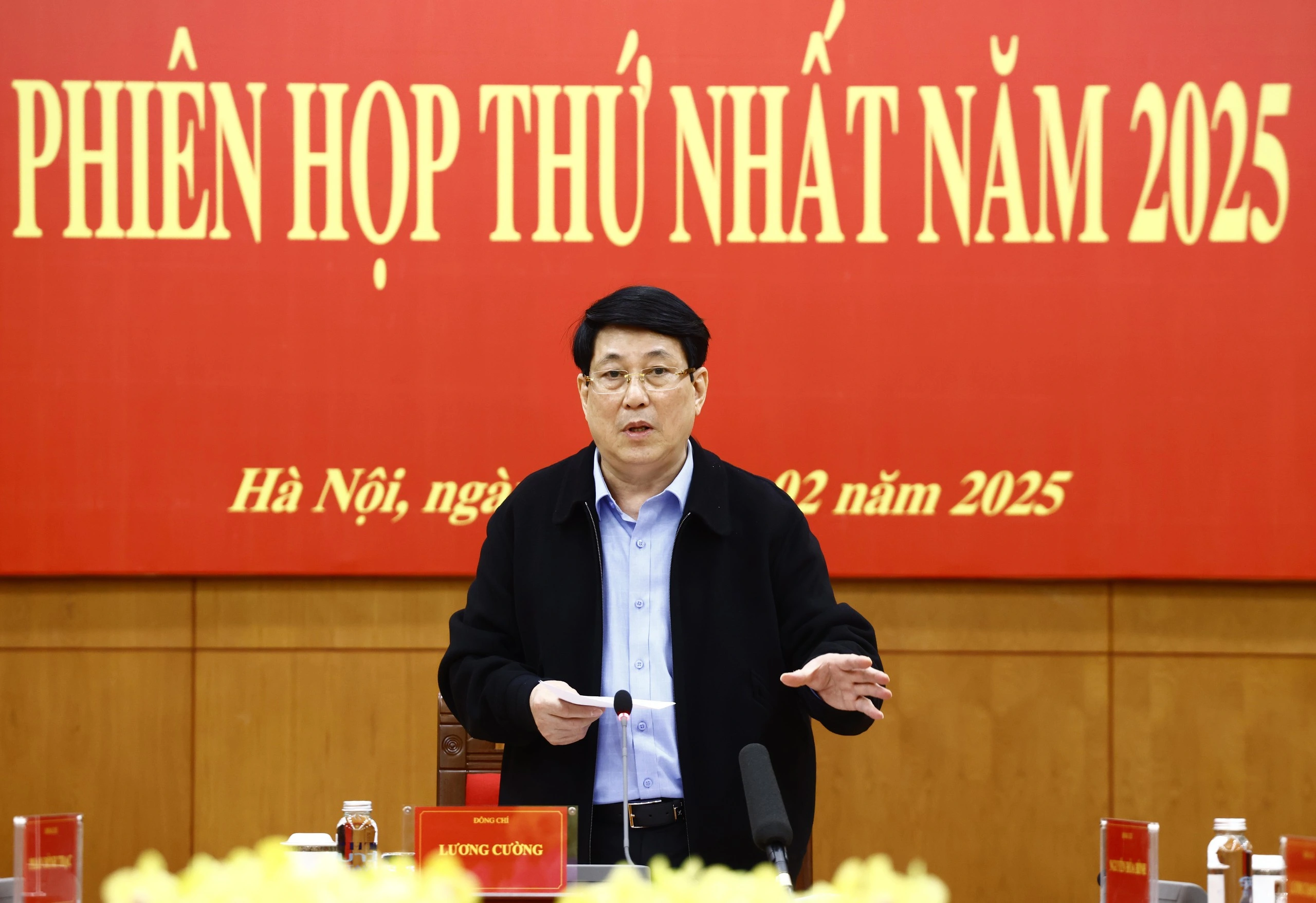





















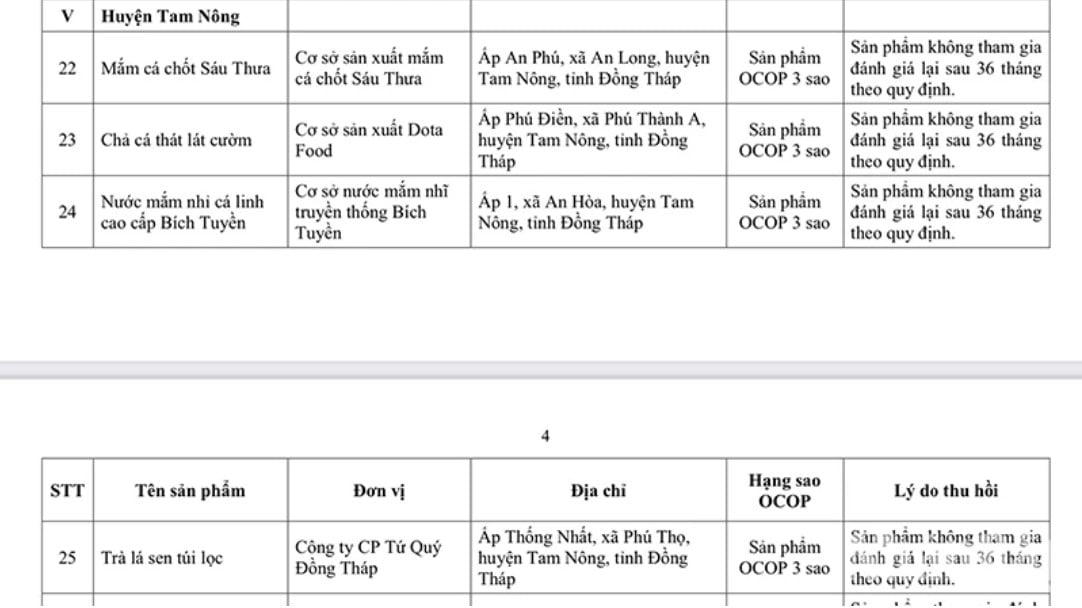

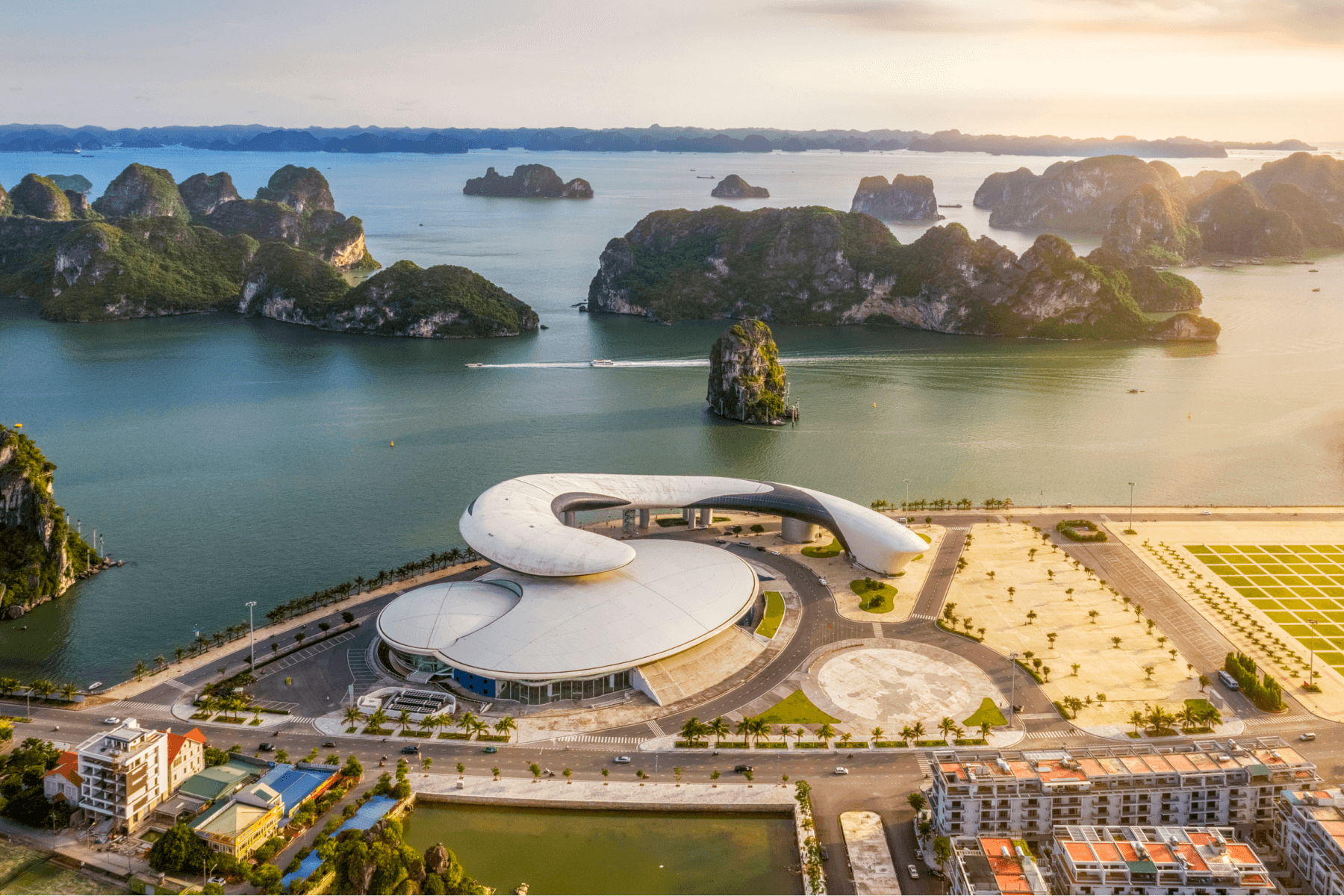

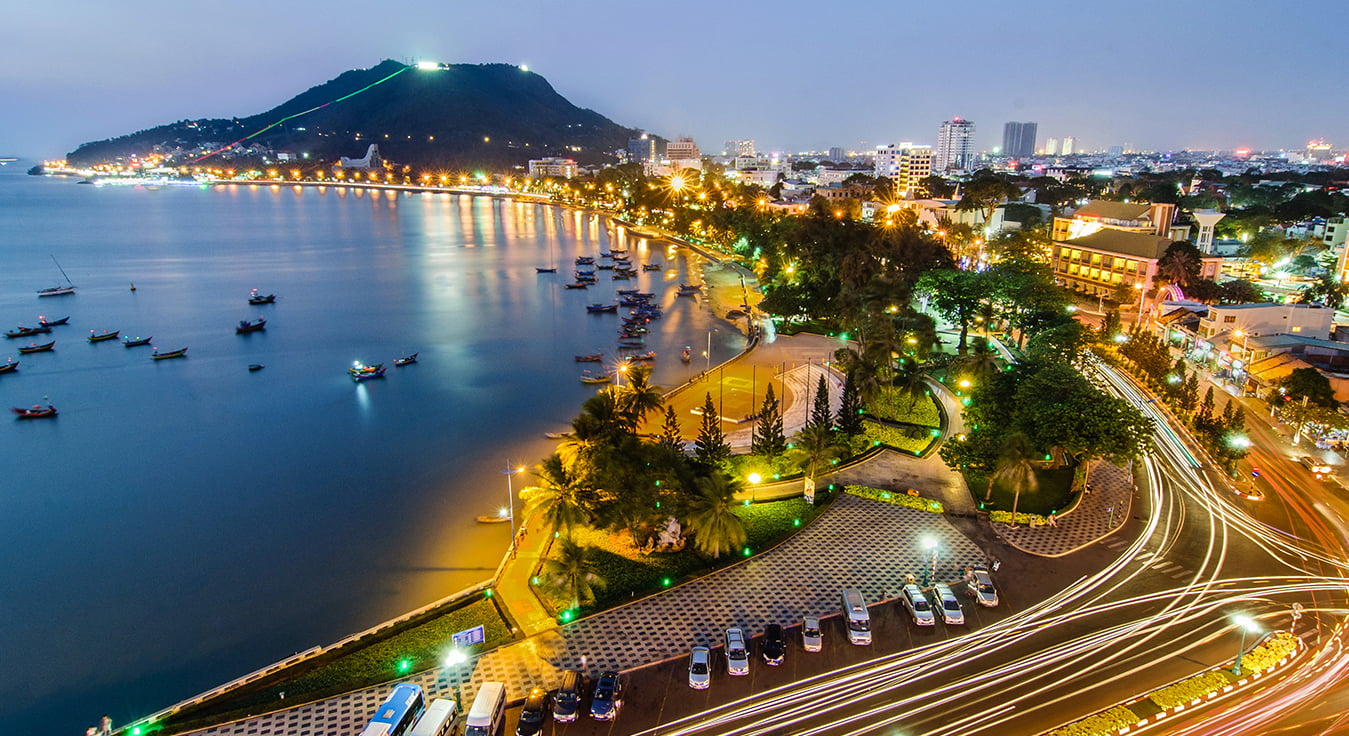
Comment (0)